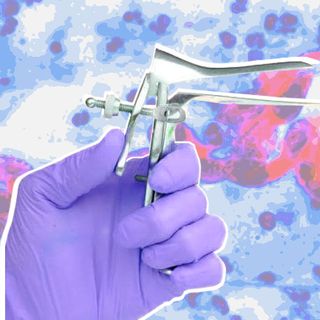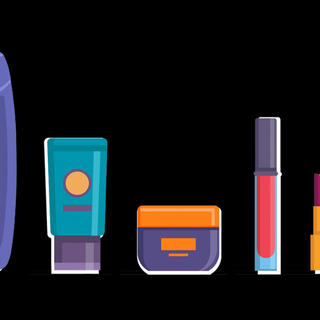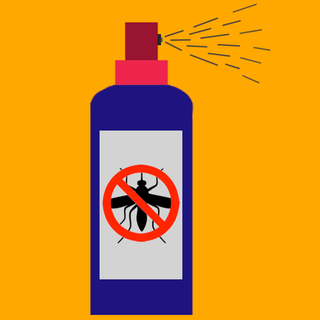A new study is suggesting that common household cleaning products can change the typical make-up of babies’ gut bacteria in a way that may put them at risk for childhood obesity.
Researchers tracked the gut bacteria composition of 757 babies, aged 3 to 4 months, their weight at 1 and 3 years, and their exposure to disinfectants, detergents and eco-friendly cleaning products. They found infants exposed to multi-surface disinfectants had altered gut microbiomes — with lower levels of two key types of bacteria and much higher levels of a third. This is the first human confirmation of previous studies that have found similar changes to the microbiome of piglets exposed to aerosol disinfectants.
“We found that infants living in households with disinfectants being used at least weekly were twice as likely to have higher levels of the gut microbes Lachnospiraceae at age 3-4 months; when they were 3 years old, their body mass index was higher than children not exposed to heavy home use of disinfectants as an infant,” said Anita Kozyrskyj, PhD, a University of Alberta pediatrics professor, and the study’s principal investigator.
The good news is, babies more exposed to eco-friendly cleaning products had less alteration of gut bacteria and were also less likely to be overweight as toddlers.
While the study, published in the Canadian Medical Association Journal, did not track the children long term to definitively prove a link to childhood obesity, experts not involved in the study have called the research and conclusion “a biologic plausibility.” Research is increasingly suggesting that diseases like asthma and diabetes have their roots in the composition of babies’ gut bacteria, and that the infant gut microbiome is closely liked to immunity.
Whether the changes in babies’ gut bacteria caused by disinfectants actually do lead to childhood obesity, evidence is growing that the infant gut is closely related to future good health. Which may make splurging on the all-natural cleaning solutions worth it.




